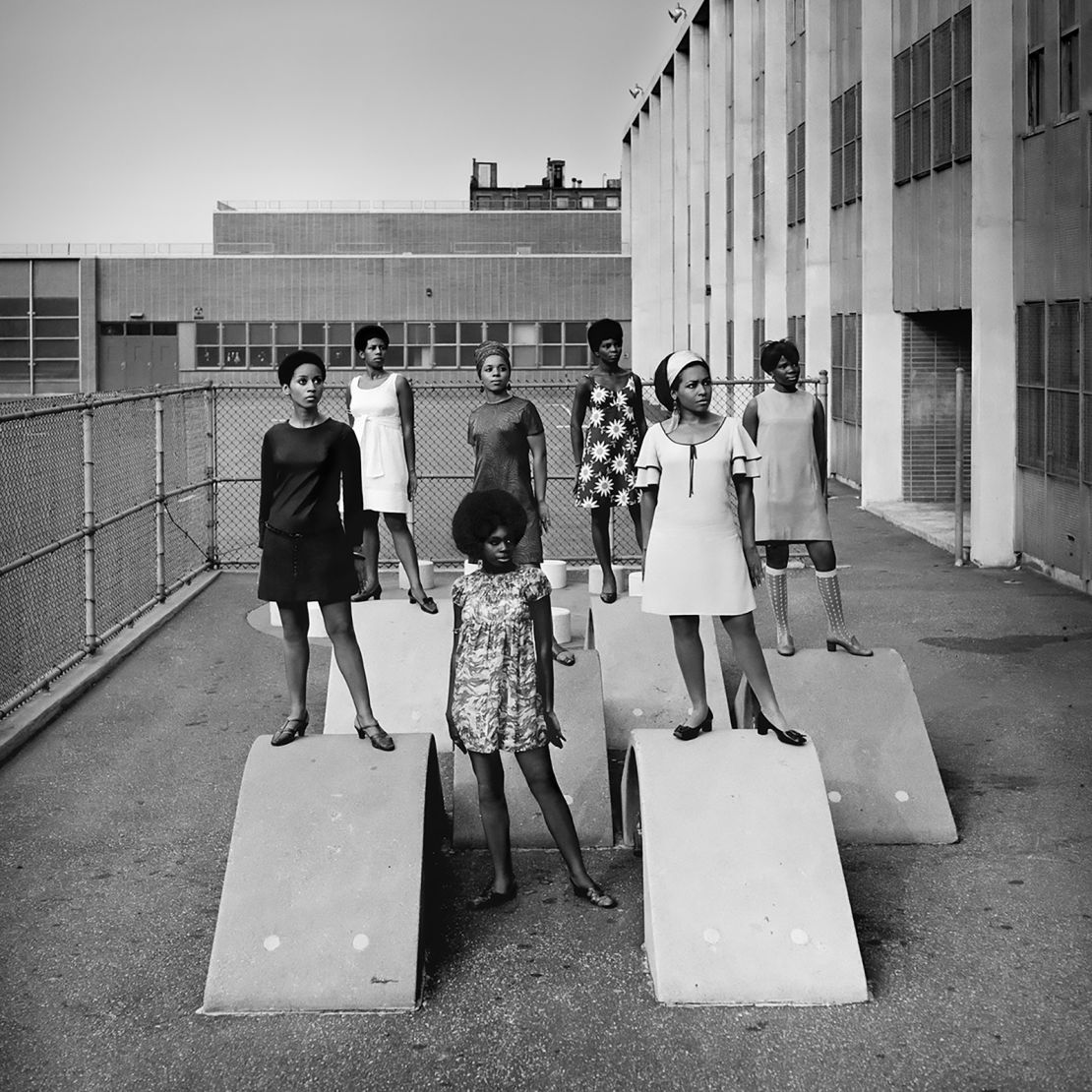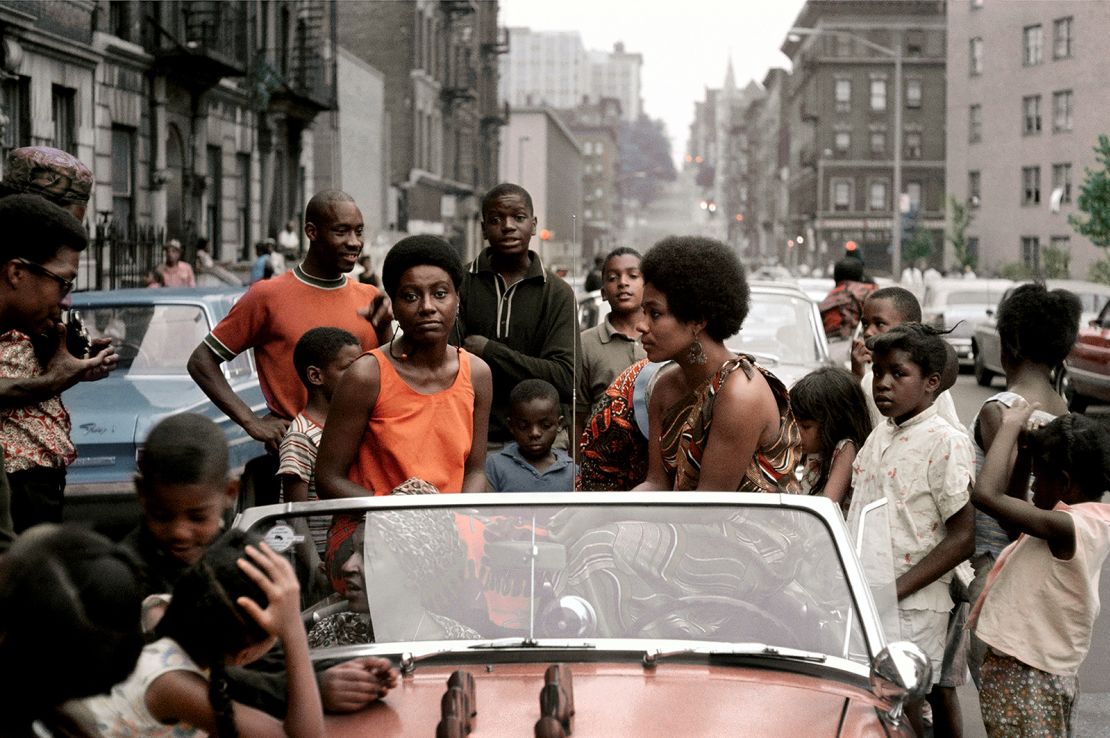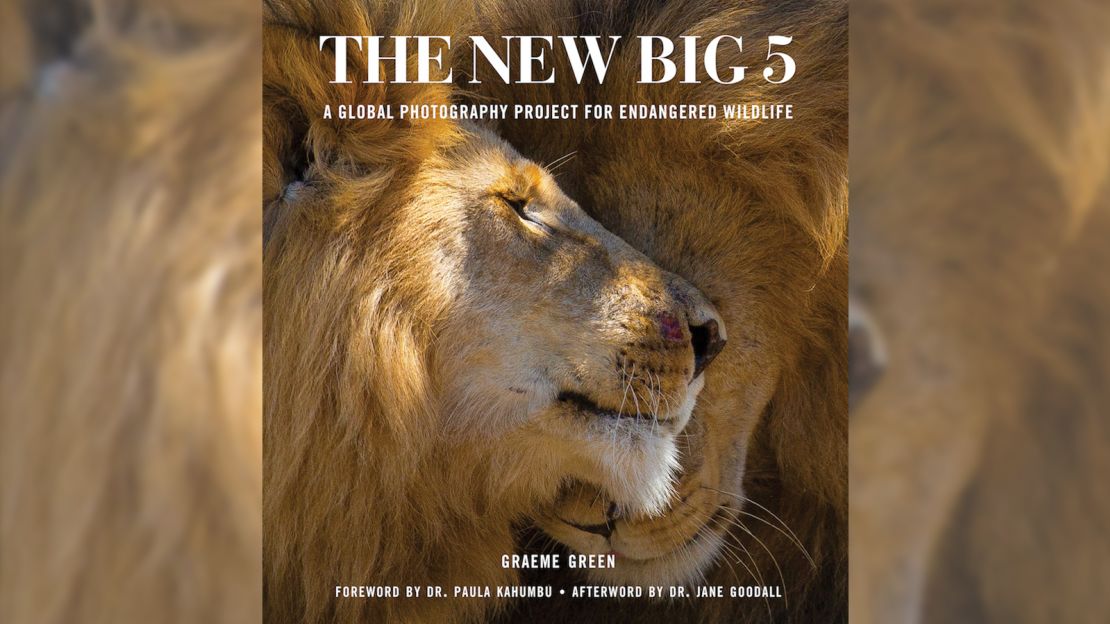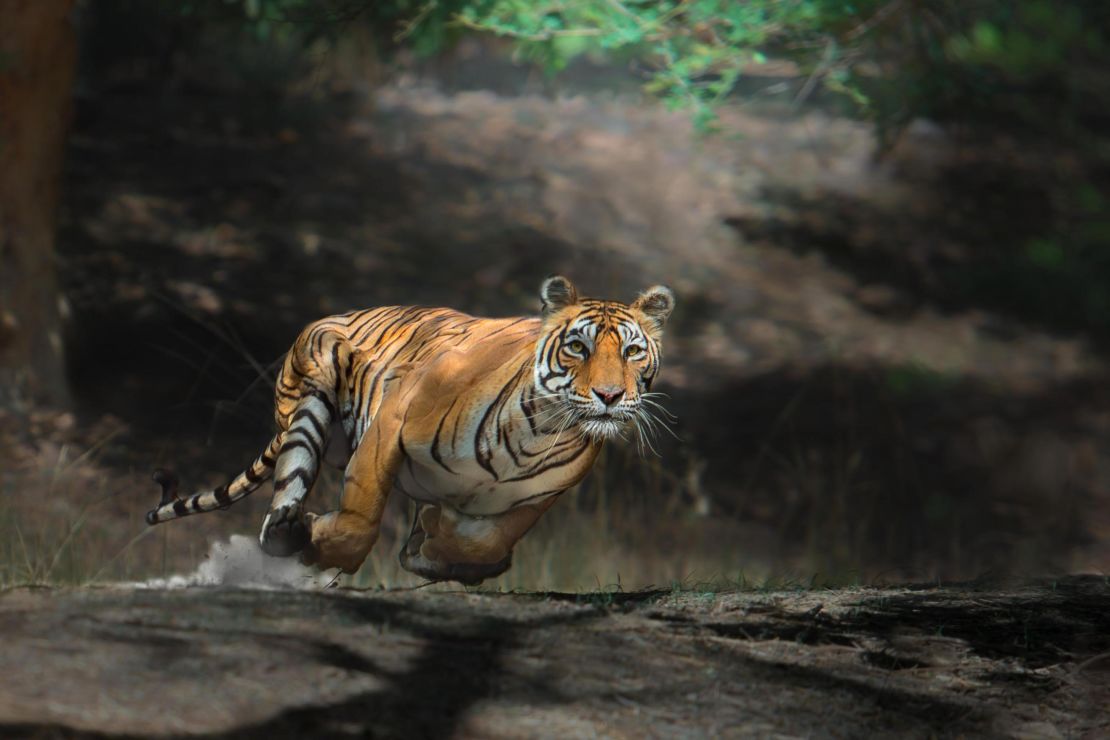Editor’s Note: This article was originally published by The Art Newspaper, an editorial partner of CNN Style.
CNN
—
Kwame Brathwaite, the pioneering activist and photographer whose work helped define the aesthetics of the “Black is Beautiful” movement of the 1960s and beyond, died on April 1, aged 85.
His son, Kwame Brathwaite, Jr, announced his father’s death in an Instagram post that read in part, “I am deeply saddened to share that my Baba, the patriarch of our family, our rock and my hero has transitioned.”
Brathwaite’s work has been the subject of resurgent interest from curators, historians and collectors in recent years, and his first major institutional retrospective, which was organized by the Aperture Foundation, made its debut in 2019 at the Skirball Cultural Center in Los Angeles before touring the country.
Brathwaite was born in 1938 to Barbadian immigrants, in what he referred to as “the People’s Republic of Brooklyn” in New York, though his family moved from there to Harlem and then to the South Bronx when Brathwaite was 5 years old. He attended the School of Industrial Art (now the High School of Art and Design) and, according to profiles of Brathwaite in T Magazine and Vice, was drawn to photography by two moments. The first was in August of 1955, when a 17-year-old Brathwaite encountered David Jackson’s haunting photograph of a brutalized Emmett Till in his open casket. The second was in 1956, when — after he and his brother Elombe co-founded the African Jazz Arts Society and Studios (AJASS) — Brathwaite saw a young man taking photos in a dark jazz club without the use of a flash, and his mind became alight with possibility.

Using a Hasselblad medium-format camera, Brathwaite attempted to do the same, learning to work with limited light in a manner that enhanced the visual narrative of his imagery. He would soon also develop a darkroom technique that enriched and deepened how Black skin would appear in his photography, honing the practice in a small darkroom in his Harlem apartment. Brathwaite went on to photograph jazz legends performing throughout the 1950s and ’60s, including Miles Davis, John Coltrane, Thelonious Monk and others.
“You want to get the feeling, the mood that you’re experiencing when they’re playing,” Brathwaite told Aperture Magazine in 2017. “That’s the thing. You want to capture that.”
By the early 1960s, alongside the rest of AJASS, Brathwaite began using his photography and organizing prowess to consciously push back against whitewashed, Eurocentric beauty standards. The group came up with the concept of the Grandassa Models, young Black women whom Brathwaite would photograph, celebrating and accentuating their features. In 1962, AJASS organized “Naturally ’62”, a fashion show held in a Harlem club called the Purple Manor and featuring the models. The show would go on to be held regularly until 1992. In 1966, Brathwaite married his wife Sikolo, a Grandassa Model whom he had met on the street the year prior when he asked if he could take her portrait. The two remained married for the rest of Brathwaite’s life.

By the 1970s, Brathwaite’s focus on jazz shifted to other forms of popular Black music. In 1974, he traveled to Africa with the Jackson Five to document their tour, also photographing the historic “Rumble in the Jungle” boxing match between Muhammad Ali and George Foreman in what’s now the Democratic Republic of Congo that same year. Commissions in this era also saw Brathwaite photographing Nina Simone, Stevie Wonder, Sly and the Family Stone, Bob Marley and other music legends.
Throughout the ensuing decades, Brathwaite continued to explore and develop his mode of photography, all through the lens of the “Black is Beautiful” ethos. In 2016, Brathwaite joined the roster of Philip Martin Gallery in Los Angeles, and he was continuing to photograph commissions as recently as 2018, when he shot artist and stylist Joanne Petit-Frère for The New Yorker.
T Magazine’s 2021 profile, published on the occasion of Brathwaite’s retrospective traveling to the Blanton Museum of Art in Austin, Texas, noted that the photographer’s health was failing such that he was unable to be interviewed for the article. A separate exhibition, “Kwame Brathwaite: Things Well Worth Waiting For,” is currently on view at the Art Institute of Chicago, where it will remain until July 24.
Top image: Kwame Brathwaite, “Untitled (Sikolo Brathwaite, Orange Portrait),” 1968

